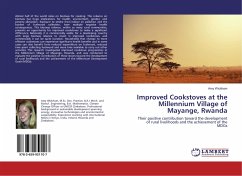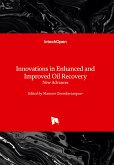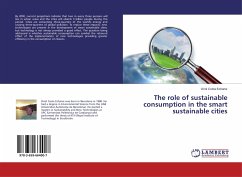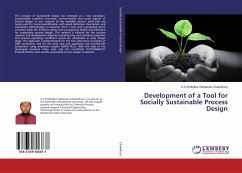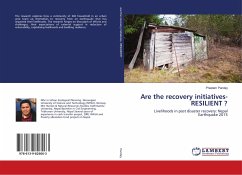Almost half of the world relies on biomass for cooking. This reliance on biomass has huge implications for health, environment, gender, and poverty alleviation. Exposure to smoke from indoor air pollution and the burden of fuelwood collection, have multiple negative health consequences. This biomass reliance, within so many rural communities, presents an opportunity for improved cookstoves to make a significant difference. Nationally it is commercially viable for a developing country with large biomass reliance to invest in improved cookstoves, and commercially it can be quite lucrative. Households that change to more efficient cookstoves can experience significant health benefits and in some cases can also benefit from reduced expenditure on fuelwood, reduced time spent collecting fuelwood and more time available to carry out other activities. This research investigated improved cookstove programmes at the Millennium Village of Mayange, Rwanda, and was conducted to evaluate the positive contribution of these stoves toward the development of rural livelihoods and the achievement of the Millennium Development Goals (MDGs).
Bitte wählen Sie Ihr Anliegen aus.
Rechnungen
Retourenschein anfordern
Bestellstatus
Storno

